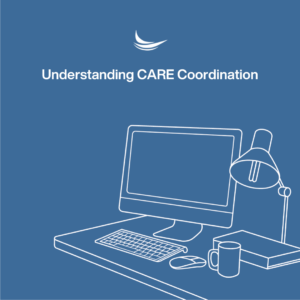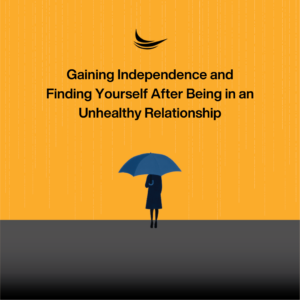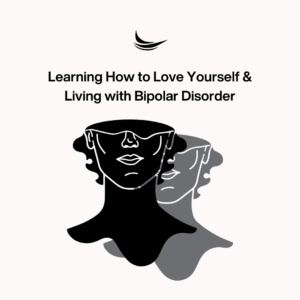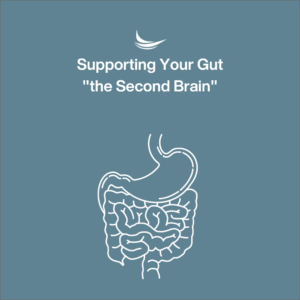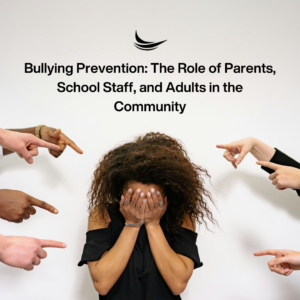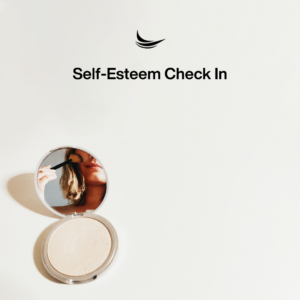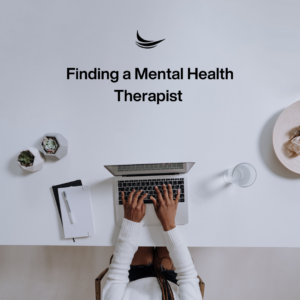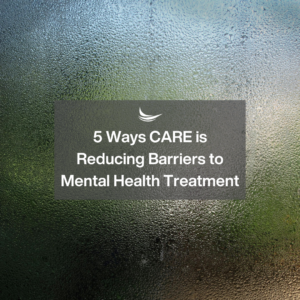Dealing with Grief and Loss: Strategies for Healing
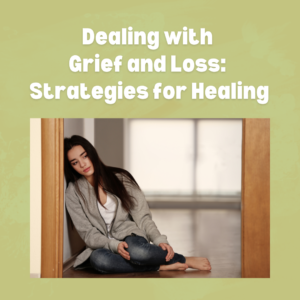 Grief and loss are inevitable parts of the human experience. Whether it’s the loss of a loved one, a job, a relationship, or a significant life change, the pain that accompanies such experiences can be overwhelming. While grief is a natural response to loss, it’s crucial to understand that healing is possible.
Grief and loss are inevitable parts of the human experience. Whether it’s the loss of a loved one, a job, a relationship, or a significant life change, the pain that accompanies such experiences can be overwhelming. While grief is a natural response to loss, it’s crucial to understand that healing is possible.
Understanding Grief
Grief is a complex and multifaceted emotion that manifests differently in each person. It can encompass a wide range of emotions, including sadness, anger, guilt, and confusion. Some individuals may experience physical symptoms like fatigue, insomnia, or changes in appetite. Grief can be a lonely and isolating experience, but it’s important to recognize that it’s a normal response to loss.
Strategies for Healing
While grief cannot be erased, it can be managed, and the healing process can be facilitated. Here are some strategies to help you navigate your grief and find a path towards healing:
- Acknowledge Your Feelings
The first step in dealing with grief is to acknowledge your feelings. It’s common to experience a mix of emotions, and it’s important to allow yourself to feel and express them. Don’t judge yourself for your emotions; they are a natural part of the healing process.
- Seek Support
Grief can be isolating, but you don’t have to go through it alone. Reach out to friends, family, or a therapist who can provide support and a listening ear. Talking about your feelings and experiences can be therapeutic and help you process your grief.
- Create a Ritual
Rituals can help you honor the person or thing you’ve lost. Lighting a candle, creating a scrapbook, or planting a memorial tree can be meaningful ways to remember and pay tribute to what you’ve lost.
- Focus on Self-Care
Grief can take a toll on your physical and mental health. It’s crucial to prioritize self-care during this time. Make sure you are eating well, getting enough sleep, and engaging in regular physical activity. Additionally, engage in activities that bring you joy and relaxation, whether it’s reading, painting, or simply going for a walk-in nature.
- Seek Professional Help
In some cases, grief can become complicated and overwhelming, leading to prolonged distress and impaired functioning. If you find that your grief is unmanageable or affecting your daily life, don’t hesitate to seek professional help from a therapist or counselor.
- Journaling for Healing
One effective way to process grief is through journaling. Writing down your thoughts and feelings can provide an outlet for your emotions and help you make sense of the complex and often chaotic nature of grief. Here’s how to use journaling as a tool for healing:
– Express Your Emotions: Write freely about your feelings, no matter how messy or painful they may be. This process allows you to confront and process your emotions in a safe space.
– Document Memories: Use your journal to capture precious memories of the person or thing you’ve lost. Share stories, anecdotes, and experiences that you want to remember.
– Track Your Progress: Over time, your grief will evolve, and your emotions will change. Journaling allows you to track your progress and notice how your healing process is developing.
– Release Your Thoughts: Writing down your thoughts and feelings can be a way of releasing them, reducing the emotional burden that grief can place on your shoulders.
– Find Clarity: Journaling can help you gain clarity and perspective on your grief, allowing you to understand and navigate your emotions better.
-Set Healing Intentions: Use your journal to set intentions for your healing journey. What would you like to achieve in terms of healing and growth? Setting goals and intentions in your journal can help you stay focused on your path to recovery.
Grief and loss are deeply personal experiences, and there is no one-size-fits-all approach to healing. The most important thing to remember is that healing is possible, and it’s a journey that takes time. By acknowledging your feelings, seeking support, and using strategies like journaling, you can navigate the difficult path of grief and find your way to healing and eventually, to a place of peace and acceptance.

